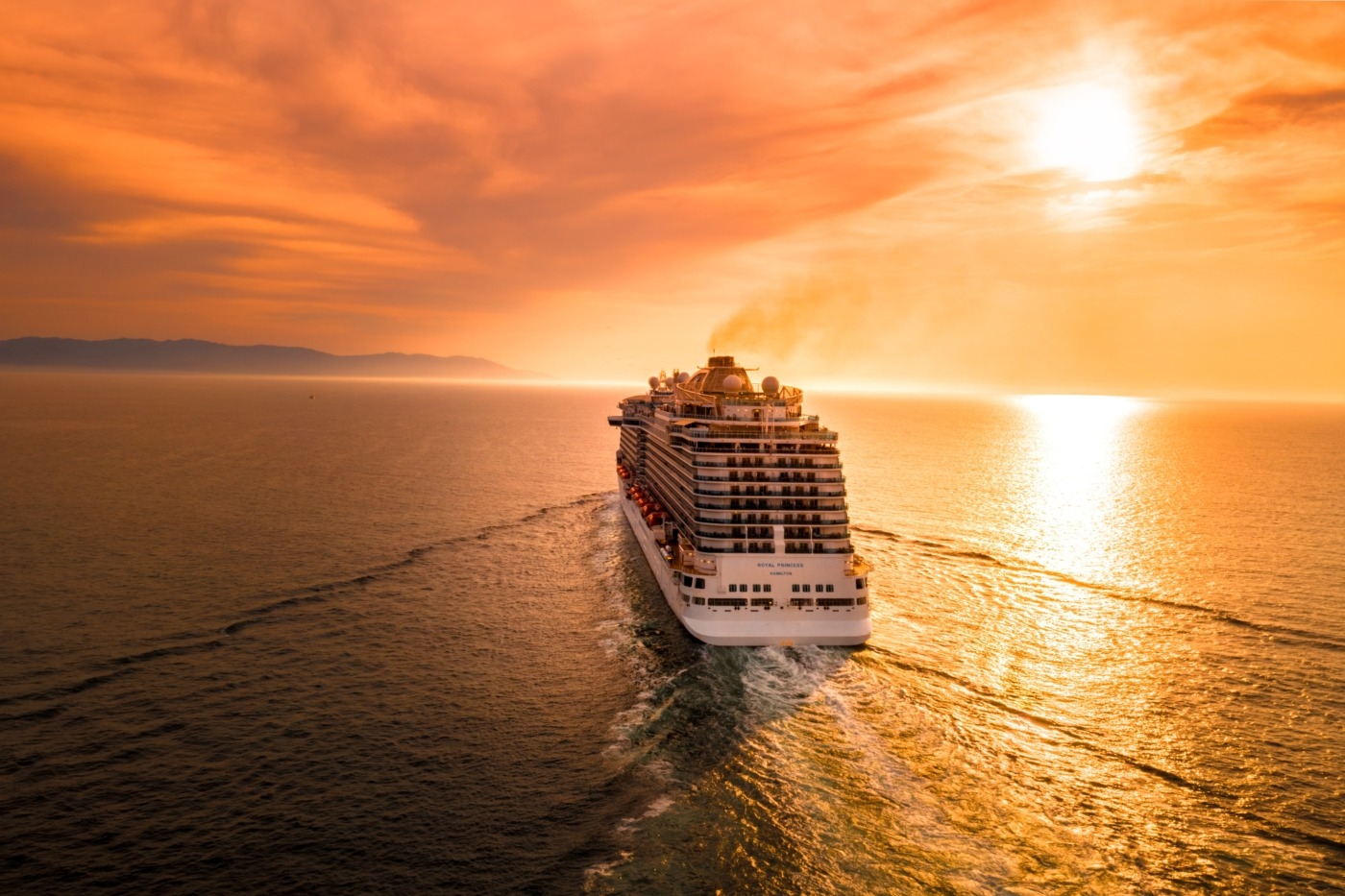Sink or Swim? the future of cruise holidays
Cruise holidays are perhaps the definition of perfect escapism. Physically transported on a different location, they provide the perfect catalyst for relaxation without the stress of needing to simultaneously explore a city. Instead, someone can just sit back on a deckchair, watch the world go by, and temporarily forget about all their problems. That, after all, is what good holidays should be about.
However, like all forms of the travel industry, cruising has been immeasurably affected by the pandemic and different restrictions put into place. Some of the first examples of quarantine and widespread cases of Covid-19 were on cruise ships, such was the proximity of visitors to one another. The widespread availability of beds meant cruises, in a sense, became quarantine hotels, with visitors confined to their rooms rather than be able to enjoy what their holiday offered.
The UK government reintroduced domestic cruising last May, allowing capacity limits of 1,000 people before the Freedom Day restrictions were completely lifted. In order to ensure holidays are effective, the main aim of cruising companies has been trying to keep their visitors safe by ensuring trips can be as Covid-free as possible.
Being able to travel therefore around the globe, whether by city or any other exploration, appears to have been explicitly tied to vaccination status.
Like all forms of travel, immense testing before boarding cruise ships has been a heavy requirement. A key factor about Covid is how much less transmissible it is outdoors. Though parts of a cruise, by the pool for example, are outdoors, the nature of being on a ship means travelling in a confined space for a large period of time.
The question of vaccine mandates has also been a key and controversial measure for many parts of daily life. International travel has long required vaccinations to go anywhere and Covid-19 has simply been added to that list. Travel companies remain varied in terms of whether they are requiring proof of vaccination to board cruises. Riviera cruises, for example, require all passengers to have been vaccinated. Being able to travel therefore around the globe, whether by city or any other exploration, appears to have been explicitly tied to vaccination status.
An important aspect of ensuring the cruises work effectively is recognising that no one approach is the way forward.
Given the amount of time and volume of people involved with cruises, it is unsurprising that removing individuals from them at the height of the pandemic would be an immense, difficult administrative task. The US Centre for Disease Control last March banned anyone from alighting a cruise ship given the immense nature of Covid spreading across the nation.
An important aspect of ensuring the cruises work effectively is recognising that no one approach is the way forward. Having no restrictions could be a foolish way to ensure the disease continuing to spread is inevitable. By contrast, requiring constant mask wearing could make the holiday an undesirable and miserable time where proper satisfaction is not adequately in place.
Ultimately, like with all travelling expeditions, any adventure will need to be taken at the own risk at the individuals participating. They must make the final judgement about whether travelling is something they wish to consider. While the risks of it still remain, it seems precautions are still being taken by companies to ensure that visitors are able to have a satisfactory and meaningful time.
Sources:
https://www.cruisecritic.co.uk/articles.cfm?ID=5908
https://edition.cnn.com/travel/article/future-cruising-2021/index.html

Comments